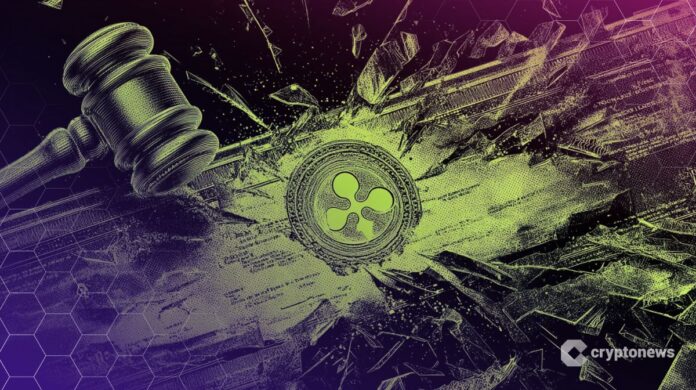Linqto’s Downfall: A Cautionary Tale of Mismanagement and Deception
Linqto, a private investment platform that once promised its customers access to tech giants before their initial public offerings (IPOs), has filed for Chapter 11 bankruptcy. This revelation has left many of its customers worried that they may never have actually owned the stocks they thought they had purchased. The company’s bankruptcy registration, submitted in the southern district of Texas, estimates its assets and liabilities to be between $500 million and $1 billion, with over 10,000 creditors potentially affected.
The Fallout: Mismanagement and Securities Law Violations
At the heart of Linqto’s downfall is its heavily marketed access to private stocks in top-tier companies like Ripple and CoreWeave. However, a grimmer picture has emerged, with claims of “years of mismanagement” and “knowingly extensive and serious violations of securities law” dating back to 2020. According to Chief Restructuring Officer Jeffrey Stein, the company’s former management may have engaged in deceptive practices, leaving customers with uncertain ownership of the stocks they thought they had bought.
SEC Investigation and Ripple’s Response
The US Securities and Exchange Commission (SEC) has launched an investigation into Linqto’s practices, focusing on whether the company allowed ineligible investors to purchase securities and whether its former leadership misled customers about the actual ownership of shares. Ripple, one of the companies whose stocks were sold through Linqto, has distanced itself from the platform, with CEO Brad Garlinghouse stating that Linqto had no business relationship with Ripple and had only purchased shares on the secondary market.
Garlinghouse’s comments have raised more questions than answers, leaving many investors wondering what will happen to their investments. The SEC’s investigation will likely shed more light on the situation, but for now, the future of Linqto’s customers remains uncertain.
Consequences and Repercussions
Linqto’s collapse has sent shockwaves through the alternative investment sector, damaging confidence in retail access to private equity. The company’s promise of democratized access to the private market had appealed to thousands of retail investors, who are now facing the possibility that their investments may be worthless. The platform’s closure on March 13 and subsequent dismantling of all income sources have left many investors struggling to come to terms with the reality of their situation.
The broader implications of Linqto’s downfall are still unfolding, but one thing is clear: the company’s mismanagement and potential deception have caused significant harm to its customers and the investment community as a whole. As the first hearing of Linqto’s bankruptcy case approaches, the scope of the damage and the prospects of recovery will finally begin to take shape.
A Lesson in Due Diligence
Linqto’s story serves as a cautionary tale about the importance of due diligence in investment platforms. The company’s promise of easy access to private stocks and its lack of transparency have ultimately led to its downfall. As investors, it is essential to thoroughly research and understand the companies we invest in, as well as the platforms that facilitate these investments. Only through careful scrutiny and a critical eye can we hope to avoid similar disasters in the future.

